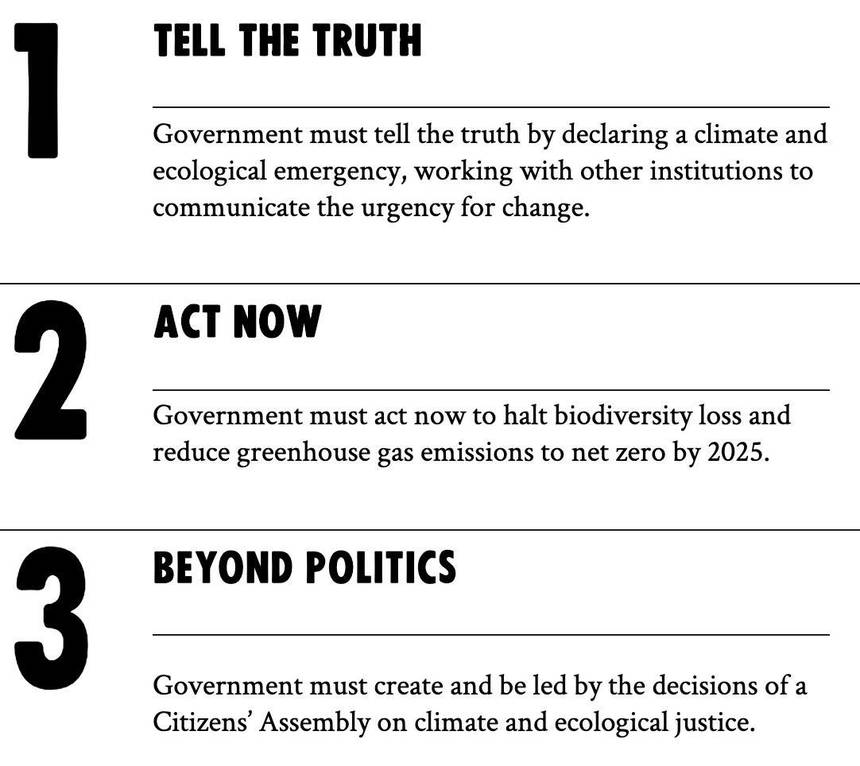
What is the collective noun for declarations? An argument, (used to describe architects and wizards) sounds a good fit. But I like a Promise of Declarations.
Coupled with recent findings from the IPCC, the UK’s CCC Net Zero Report and inspiration from Greta Thunberg and school strikers, over 100 local authorities, have declared a climate emergency and / or committed to net zero carbon by 2030 or 2050. And within the built environment we have declarations from Architects (now over 500 practice signatures), Landscape Architects, Structural Engineers, Service Engineers, Creative Communicators and even Construction Supply Chains. Check them out:
- Architects Declare
- Landscape Institute
- Structural Engineers
- Creative Climate Disclosure
- Service Engineers
- Construction Supply Chain Declaration – in finalisation following supply chain workshops.
And this is not just a UK initiative, there is also an Australian Architects Declaration at https://au.architectsdeclare.com.
And, if anyone is setting up, or knows of a construction sector emergency declaration, I would be more than keen to assist/support
Tell the Truth: The first objective of call of extinction rebellion is to recognise that a climate emergency exists and to tell the truth. The second is to Act Now. Now that these groups, institutes, practices and individuals have recognised a climate emergency problem exists, we can act, and now is the time to turn these commitments into actions.

Act Now – All of these declarations have similar, reassuring, commitments for faster change in our industry towards regenerative approaches. And in doing so recognising that business as usual sustainability (BAUS) has not moved the needle on carbon, global climate temperatures or biodiversity.
“faster change in our industry towards regenerative design practices”

We need to move positive good of Regenerative Sustainability
Act Now – Reimagine carbon – the greatest contribution we can make in the built environment, given that we emit 40% of emissions, is to design, deliver buildings that store carbon.

Act Now – Declare: Only with greater transparency in respect of the products we use, can we address impacts our buildings have on human, biodiversity and planetary health. Declare is focused on taking toxic materials out of the Built Environment through fostering a transparent materials economy free of toxins and harmful chemicals.
3 Collaborate and going beyond silos, we cannot do this alone and will need the might of all good collaborative working approaches from the last 30 years. One powerful benefit of Living Building Challenge accreditation, in not awarding certification until design intent is proven over a 12 months continuous period, is the way in which design, construction, facilities managers and those using the building have to collaborate for sustainable success








